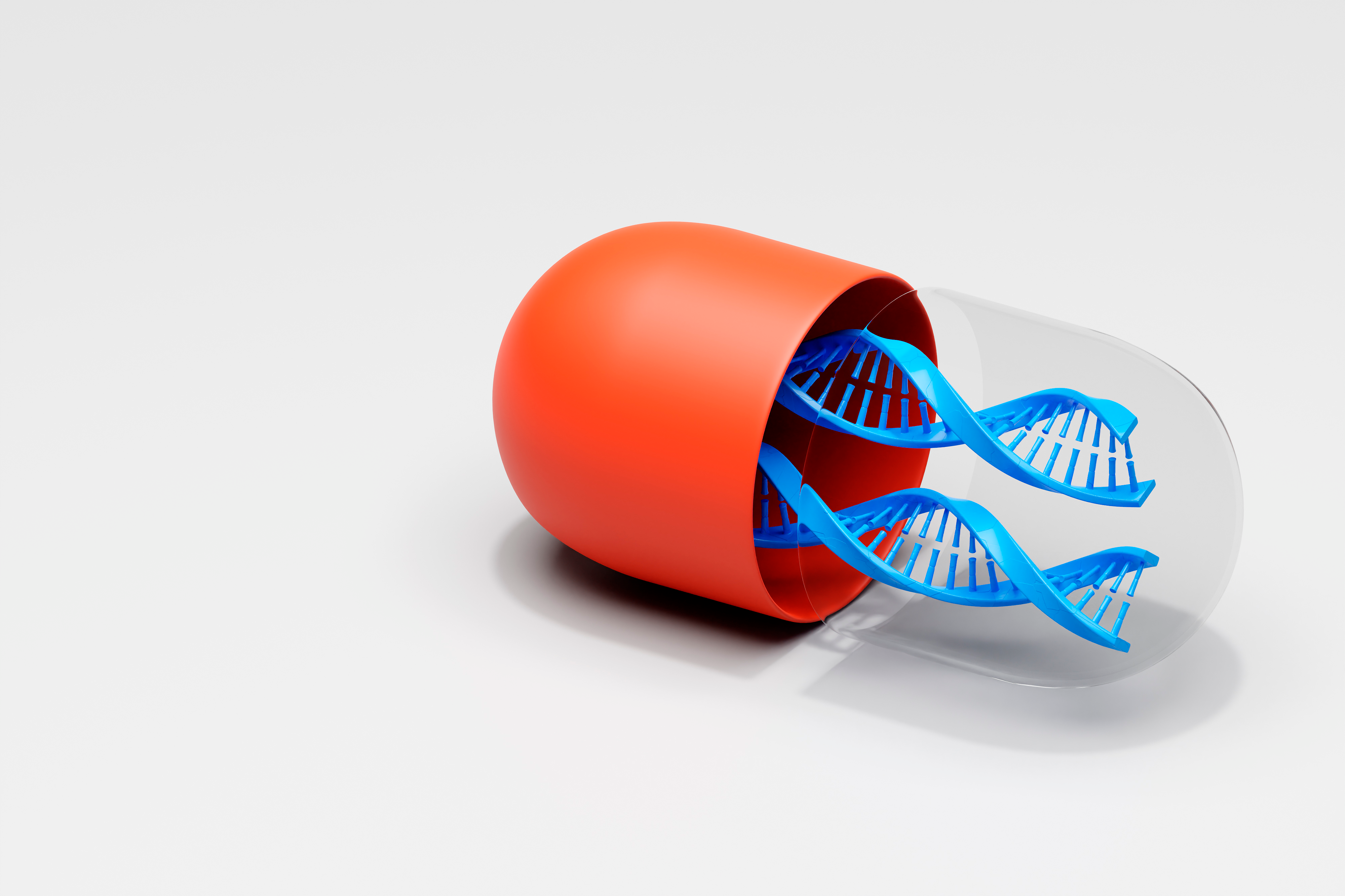Drug Response & Pharmacogenetics – The Interplay that can Affect Treatment

Patients or individuals may not respond in similar ways when administered with the same drug in a standard dose. Both genetic as well as non-genetic factors including age, gender, nutrition, concomitant medications, organ function, co-morbidness and drug interactions can modulate the efficacy of pharmacotherapy. However, to a great extent the inter-individual variability in drug response is attributable to the presence of single nucleotide polymorphisms (SNPs) in the sequence of the genes encoding proteins that are involved in the absorption, distribution, metabolism, and excretion (ADME) of several therapeutic agents, toxins, and various pollutants. The pharmacogenetics and pharmacogenomics (PGx) predicts disease risk, selection of proper medication with regard to response and toxicity, and appropriate drug dosage guidance based on an individual's genetic make-up. Consequently, genetic variations are essential to understand the ethnic variations in disease occurrence, development, prognosis, therapeutic response, and toxicity. 1
Presence of genetic polymorphisms in genes encoding these proteins has been linked with marked inter-individual variability in their activity that could result in variation in drug response, toxicity as well as in disease predisposition. 1
India, the world's second most populous country is inhabited by more than 1.21 billion humans comprising 4,693 communities, 325 languages and 25 scripts. There is extreme diversity in terms of culture, biological, social characteristics, language, and religion in Indians and genetically they are unique from other races. Hence, with this diversity, the ultimate benefit of PGx studies is the usage of personalized medicine in clinical practice. 1
Benefits of Genetic Testing and Drug Response
Over last many years, the United States Food and Drug Administration (US FDA) has also been aggressive in not only providing genetic labelling on new drugs but has also provided updates to the product labels for several existing therapies, including some very old drugs like warfarin and 6-mercaptopurine. Presently, there are over 100 drugs that have pharmacogenetics information in their FDA product label. The rapid adoption into practice was aided not only by the numerous consensus recommendations, but also by a double-blind, prospective, randomized controlled trial (PREDICT-1) that showed clear benefit of genetic testing to prevent the hypersensitivity reaction. 2
Genetic-guided drug discovery & development2
- Targeted drug development based on genetic mutations has increased over the years, with therapies indicated in patients with specific genetic mutations.
- Genetically targeted drug development approach has predominantly been used in oncology; it seems unlikely that this approach will be as fruitful for drugs to treat common diseases.
Pharmacogenetics to guide drug therapy in the clinical setting2
- Knowledge of the genetic contributors to variable drug response has exploded in recent years and for some drugs the knowledge base is enough to warrant use of genetic information to guide therapy in the clinical setting.
- Clinical application of pharmacogenetics is becoming increasingly common and numerous academic health centers are developing programs to identify barriers and challenges, and to facilitate such implementation.
Confer The Right Drug to the Right Person
MyDNA Pharma GeneCare is a pharmacogenomic test that examines an individual’s response to medicines, based on genetic makeup. From tolerance to risk of adverse reactions, the test uses highly validated genetic markers to analyze an individual’s drug-response profile based on their genetic makeup for 170+ drugs across. The following drug response can be assessed:
Why Choose MyDNA Pharma Genecare?
- Precision Treatment: Align your treatment with your genetic drug response profile for personalised care.
- Efficiency Boost: Reduce the duration of treatment while enhancing its effectiveness.
- Cost and Time Savings: Say goodbye to trial-and-error methods, saving both time and costs.
- Safety First: Minimise the chances of adverse reactions through informed decision-making.
Who should take MyDNA Pharma Genecare?
- Individuals not achieving desired outcomes or experiencing side effects from their current medications.
- Those starting a new medication regimen.
- Individuals on multiple medications seeking streamlined and personalized treatment.
- Anyone looking to future-proof their health with personalized treatment plans.
How Do We Analyse?
Polygenic Risk Score
Based on Polygenic Risk Score (PRS), this report is generated. A polygenic risk score (PRS) estimates an individual’s genetic risk (predisposition) for a trait or condition. PRS takes the sum (aggregate) of SNPs to calculate an overall genetic risk for a particular condition.
How it works?

Order a Kit

Gather saliva samples.Make sure the cap is securely fastened

Document the sample And Reach us @ 040-49583100 to collect your samples

Lab Processing & Data Analysis

Report Generation

Login in your account or check your email

Schedule your Genetic Counselling
References :
- Umamaheswaran G, Kumar DK, Adithan C. Distribution of genetic polymorphisms of genes encoding drug metabolizing enzymes & drug transporters - a review with Indian perspective. Indian J Med Res. 2014 Jan;139(1):27-65. PMID: 24604039; PMCID: PMC3994740.
- Johnson JA. Pharmacogenetics in clinical practice: how far have we come and where are we going? Pharmacogenomics. 2013 May;14(7):835-43. doi: 10.2217/pgs.13.52. PMID: 23651030; PMCID: PMC3697735.